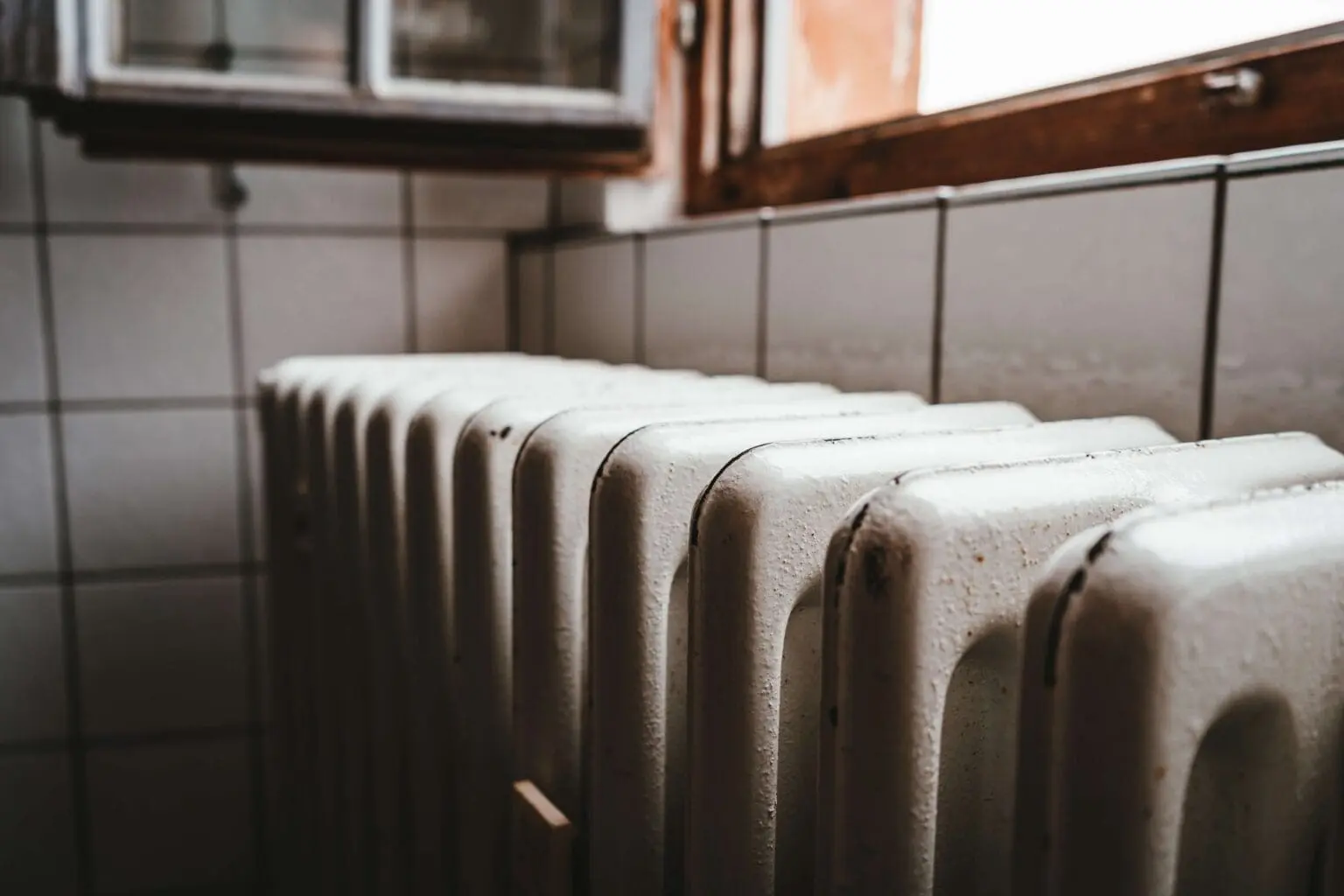
Residential HVAC Maintenance Myths, Busted
Old wives’ tales are things people relate to others which is often presented as common knowledge or wisdom. Not surprisingly, there are some myths about residential HVAC maintenance that are passed off as common knowledge or “fact”. These are worth busting and eliminating so that you can do what is necessary for your residential hvac system.
1: Close the HVAC Vents in Rooms You Don’t Use to Save Money
It doesn’t matter if you close vents. Your heating and cooling will continue to flow through the ducts regardless of which rooms they enter. You can’t save money this way because your HVAC appliances are still going to run no matter where the heated or cooled air goes. If you want to save money, don’t open windows and let the heated or cooled air out. Open windows can also trigger the HVAC appliances to turn on more often. Close the windows, open the vents for better residential HVAC performance.
2: Your HVAC Appliances Don’t Need Annual Checkups
The old adage of “if it isn’t broke, don’t fix it” is usually what some homeowners go by when their residential HVAC systems need annual checkups. While your system may continue to work just fine without maintenance, the maintenance can detect small problems before they turn into something more serious. The technician can also find problems you didn’t know you had which could lead to some very inconvenient days of freezing cold or boiling hot temps in your home. Fixing something small during an annual maintenance checkup prevents your system from breaking down when you need it most.
3: You Should Turn Off the Thermostat When You’re Not Home
Turning your heat or your AC off completely when you leave home for the day or go on vacation is not a good idea for residential HVAC systems. It doesn’t save you money, and it might turn into a disaster. When you return home, your pipes might be frozen in winter or your AC has to work harder to cool your home to your desired temperature. You can turn down heat to 50 degrees in winter to protect pipes and 75 in summer to prevent your AC from working too hard.
